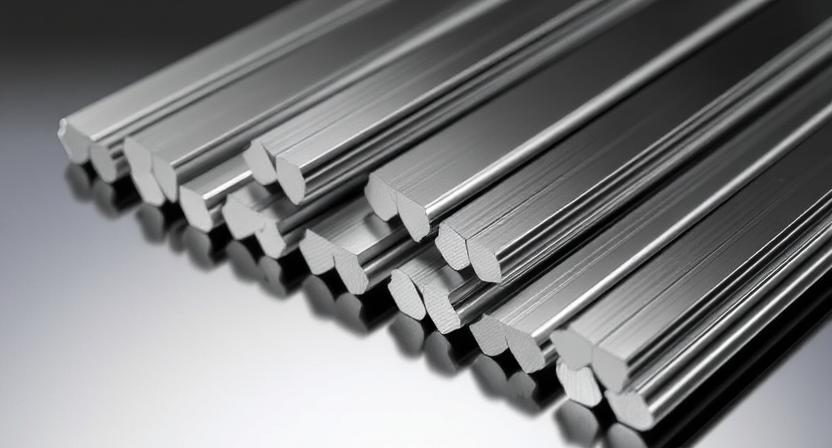SS 304 Forged Flanges
SS 304 forged flanges, made from SS 304, are among the most widely used materials in the flange manufacturing industry. This versatile, corrosion-resistant alloy is favored for its durability and strength in a wide range of applications. In this article, we will explore how Ferrobend, a leading manufacturer of stainless steel flanges, produces SS 304 forged flanges with exceptional quality, precision, and efficiency. SS 304 forged flanges are pipe flanges made from SS 304, one of the most popular grades of stainless steel. Known for its excellent resistance to corrosion, rust, and staining, SS 304 is highly favored in industries such as petrochemical, oil and gas, water treatment, food and beverage, and pharmaceutical manufacturing.

The forged flanges are typically made through a process that involves applying intense pressure and heat to stainless steel billets or blanks, shaping them into the desired form. Forging results in a stronger, more resilient flange compared to cast flanges, making SS 304 forged flanges the go-to option in many industrial applications.
Ferrobend sources high-quality SS 304 billets or blanks from trusted suppliers. Stainless steel 304 is a non-magnetic, austenitic stainless steel alloy made up of 18% chromium and 8% nickel. This composition ensures that the flanges are highly resistant to oxidation, corrosion, and rust, even in harsh environments such as marine or chemical applications.
Ferrobend utilizes advanced forging methods to shape the SS 304 flanges into the required form. The process begins by heating the stainless steel billets in a furnace to a temperature that makes them malleable, typically between 1100-1200°C. The heated billets are then placed in a forging press or hammer and subjected to high pressure, shaping them into the flange design. The forging process ensures a uniform structure and enhanced strength, eliminating any casting defects such as porosity or inclusions.
There are several types of forging processes that can be used, including open-die forging, closed-die forging, and upset forging. Ferrobend selects the most appropriate method based on the desired characteristics of the flange, ensuring that it meets customer requirements for strength, durability, and precision.
